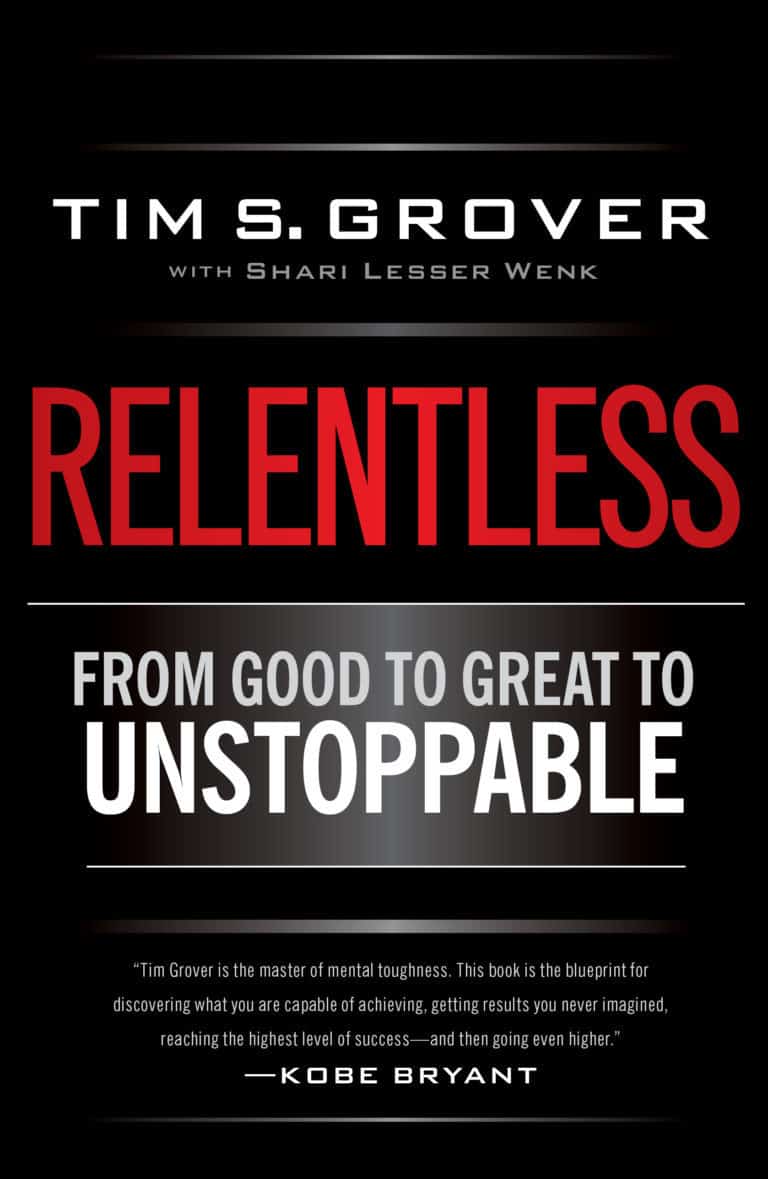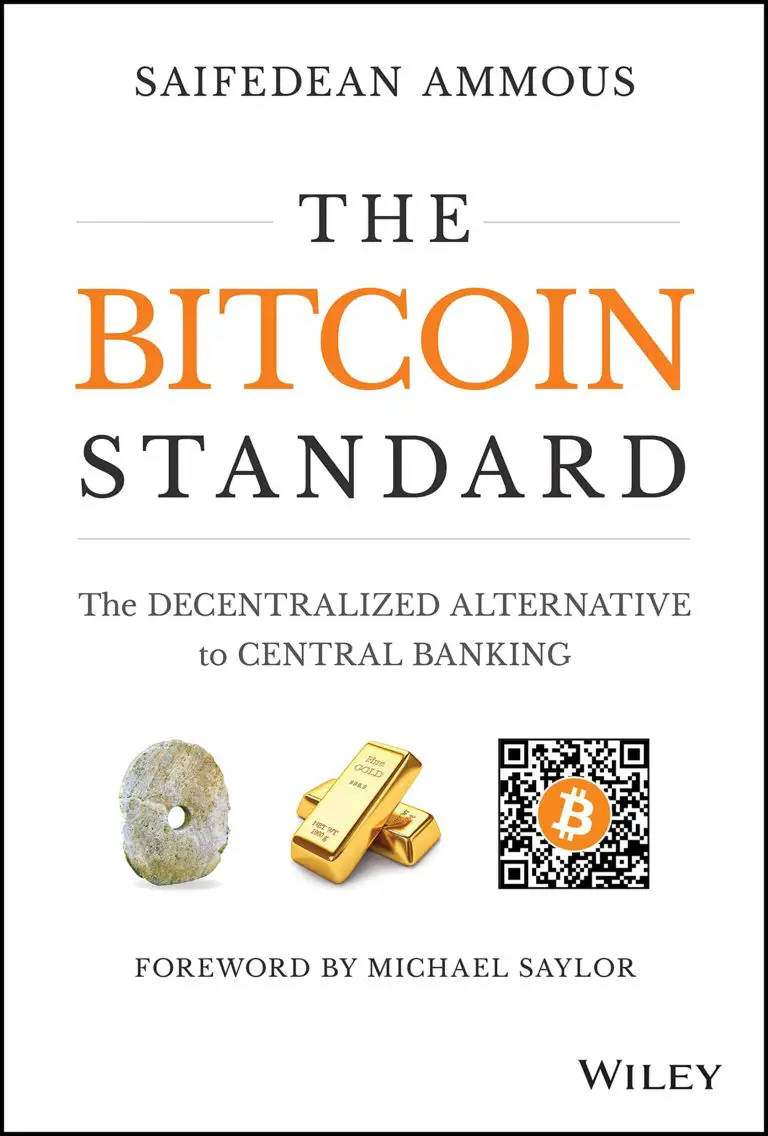What are Freud’s Theories of Self-development?
When researching for content on this website, I often find myself reading up on psychology and behavioural science research. Sigmund Freud might be the most famous psychologist of all time, and I wanted to spend some time looking at his theories in more depth. So I’ve done some reading. This article will give straightforward, plain English explanations of Sigmund Freud’s most famous theories of Self-Development.
What are Freud’s main theories of self-development?
Being so fundamental in his field, a search of the name Sigmund Freud yields over 700,000 published works. It would be an absolute mission to detail much of Freud’s literature in this article, so I will summarise what I consider to be Freud’s 3 most important theories relevant to self-development. These are:
- The Conscious/Unconscious Mind
- The Psychic Apparatus: Id, Ego, Superego
- Psychosexual Stages of a Child’s Development
The Conscious/Unconscious Mind
Amongst Freud’s first work was his model of the mind, being split into 3 distinct sections. He likened this split to an iceberg, as shown in the image below:

The Conscious Mind is depicted as the tip of the iceberg visible above the surface of the water. This is defined as the thoughts and feelings that we are aware of. This includes memories, rational decisions and perceptions. Interestingly, Freud’s diagram shows this part of the mind as only a tiny portion of the total iceberg.
The Subconscious Mind, or the preconscious mind, is depicted as the part of the iceberg that is just underwater but can still be seen from above the surface. It is comprised of thoughts, feelings and memories that you might not be conscious about right now, but can easily be drawn up to the surface with little effort.
The Unconscious Mind forms the bulk of the iceberg and is absolutely not visible from above the surface. This is comprised of a number of different suppressed memories and emotions, including:
- Irrational wishes
- Immoral urges
- Memories of shameful, or traumatic experiences (from the recent past or childhood)
- Primal needs
- Unacceptable sexual desires
Ultimately, Freud believed that this Unconscious portion of the mind had a lot more influence over human behaviour than we gave it credit for.
The psychic Appuratus: Id, Ego, Superego
Around 20 years after this initial theory, Freud published another model to explain human behaviour which fleshed out these initial ideas. In this case, the human personality can be broken down into three hypothetical “sections”:
The Id is understood to be at the very heart of the unconscious mind. It is driven by the basic survival instinct present in all life forms, along with seeking pleasure and also destruction. Freud split the Id into Eros,(concerned with basic life function), and Thanatos (a lesser set of destructive forces present in all of us, in varying amounts).
The Ego develops from the Id when a child is socialised. The role of the ego is to satisfy the Id in a way that is socially acceptable. It operates in the conscious, unconscious and subconscious mind and is the part of a person that deals with reality.
The Superego, In a way, mediates between the id and the ego. It is comprised of all of the moral principles and guidelines for behaviour that are picked up from parents and society. The superego works to suppress the dangerous desires of the Id and to drive the ego in a moral direction.
Psychosexual stages of a child’s development
This last theory is a bit wild but bear with it. It was a different time!
Freud wrote of sexual energy (libido) often, although he seemed to mean it in a much more general way than you or I might. He posited that a child’s personality develops in 5 distinct psychosexual stages, with the child expressing their libido through different body parts at each stage of the process.
The idea is that a person must go through all of these stages completely in order to develop their personality properly. Failure to complete any stage will result in some form of personality deficiency later in life.
- The Oral Stage takes place in the first year of a babies life. In this stage, the libido is centred in the babies mouth, and a baby takes pleasure in stimulating its mouth by sucking and chewing things.
- The Anal stage occurs up to the age of around 3. The libido becomes centred in the anus, and the child releases tension through defecating. A child’s ego also develops at this stage.
- The Phallic stage occurs from age 3 to 6, when the libido becomes centred around the genitalia. Children start to become aware of the differences between boys and girls at this stage. You might have heard of an oedipal complex (an incredibly controversial idea about children developing sexual feelings for their own parents). It is the phallic stage where this was said to occur.
- The Latency stage occurs from age 6 until puberty, where the libido seems to become dormant. Play is somewhat restricted to the same sex, and children in this stage are preoccupied with learning new skills and acquiring knowledge.
- The Genital stage is the last stage of psychosexual development, taking place at puberty. It is a time of adolescent sexual experimentation. If it goes well, according to Freud, it would end with people seeking heterosexual 1 on 1 relationship in their twenties. (These were different times!)
How were Freud’s theories revolutionary for psychology?
Obviously, not all of Freud’s theories hold much weight today. Some of them, for example, oedipal complexes, come across as extremely eccentric and are more or less outright rejected by many psychologists.
Despite this, it is undeniable that Freud contributed an incredible amount to the field of psychology. Here are 2 ways in which he changed things:
The impact of upbringing and cultural factors on a person’s mental health. Freud was one of the first psychologists that supported the idea that not all mental health issues have physiological causes. What is taken as obvious by most of us today, was actually at one time a major breakthrough in our understanding of personality.
Talk therapy or psychoanalysis. Talk therapy, one of the first forms of counselling, was hugely revolutionary at the time of development. The idea was to use techniques like free association, and dream analysis, to better understand a patient’s unconscious mind and try to make unconscious trauma conscious.
What do other great researchers think of Sigmund Freud and his theories?
Freud is a man who divides opinion among researchers. I have come across a debate into whether he is still relevant, a debate into whether he deserves his legacy and even a debate into whether he was actually a scientist! Here are a few quotes from some prominent psychologists which give some different perspectives:
“So we have a lot to thank Freud for. He also introduced and developed the idea of psychotherapy as something distinct from medical treatment for mental disorders…I think all of the psychotherapeutic fields that are practically applied, I think have Freud to thank for their founding”
Jordan Peterson, 2014 Personality Lecture 06: Carl Jung
“Freud is blind to the dualism of the unconscious. He does not know that the thing that wells up has an inside and an outside and that if you talk only of the latter you speak of the shell alone.”
Carl Jung
“More than Einstein or Watson and Crick, more than Hitler or Lenin, Roosevelt or Kennedy, more than Picasso, Eliot, or Stravinsky, more than the Beatles or Bob Dylan, Freud’s influence on modern culture has been profound and long-lasting.”
John Kihlstrom
Some great resources for people interested in the work of Sigmund Freud
The Interpretation of Dreams (Link to Amazon)
Freud put a lot of work into understanding peoples dreams, as he believed they could be used to explore peoples unconscious minds. Freud also started to develop the idea of the oedipal complex in this book. He said of this work “Insight such as this falls to one’s lot but once in a lifetime.”
Civilisation and its discontents (Link to Amazon)
Probably the second most famous work of Freud, the book talks of the difference between the individual needs and desires of the self, and the restrictive expectations of society. He notes that people seem to be least fulfilled, in societies that are most civilized.
Knowledge in a nutshell: Sigmund Freud (Link to Amazon)
This is a short, straightforward summary of all of Sigmund Freud’s ideas and theories. It’s still Freud, but it’s a bit easier on the brain!
Enjoyed this article? Check out some of our others!
Self-esteem vs self-efficacy: what is the difference?
Locke’s goal-setting theory of motivation: everything you need to know!





